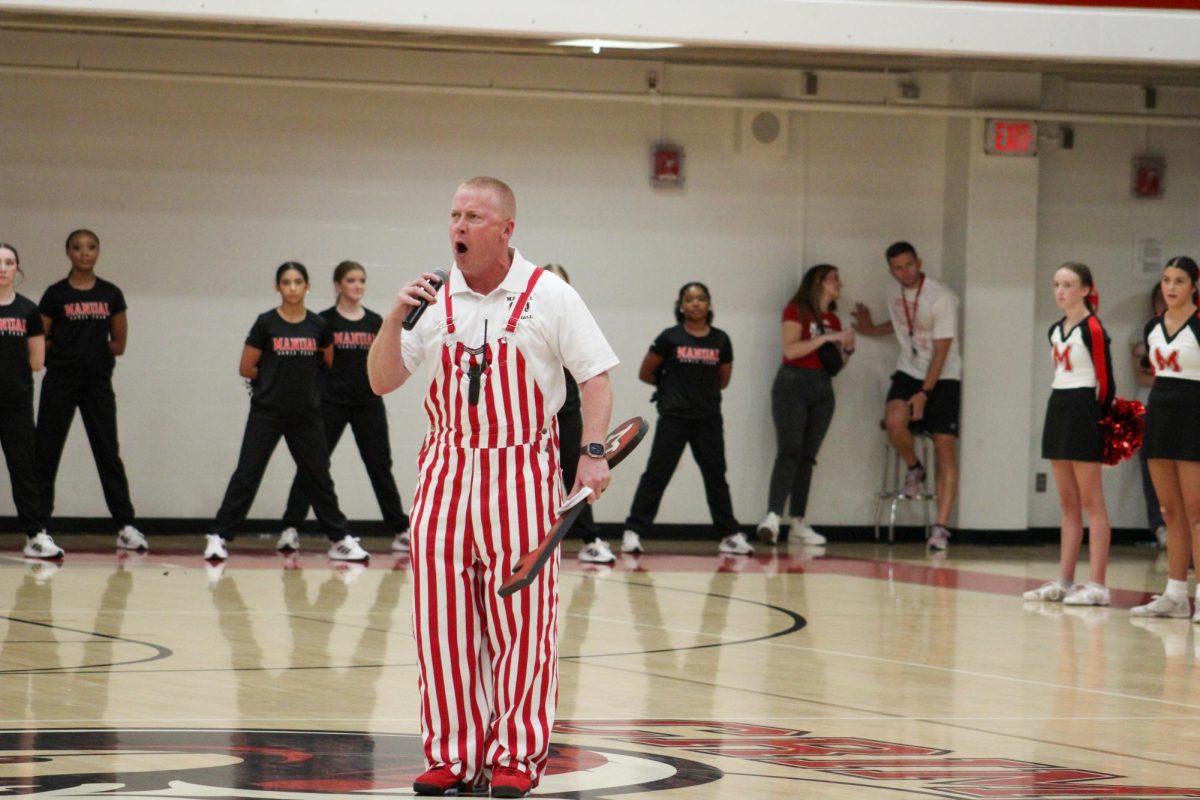
In today’s politics, some of the most debated topics have a large effect specifically on women. Abortion, birth control, and women’s rights are just a few examples of legislation regarding women and their bodies. Because of how greatly these things affect women, it would make sense that the majority of the politicians and sources discussing this would be female.
However, this is not the case. During the 2012 election season, 81%, 75%, 67%, and 52% of politicians and sources discussing abortion, birth control, planned parenthood, and women’s rights respectively were male. Yes, 52% of politicians who discussed women’s rights were male. This needs to change. As women are most directly affected by these issues, more women should be included in this discussion.
One of the main excuses networks give for the gross exclusion of women from discussion of women’s rights is that there aren’t enough women who are qualified as “experts” on the topic. This can be disputed by a theory proposed by an Italian scholar named Antonio Gramsci. Gramsci postulated that there are two types of “intellectuals” or “experts:” the traditional and the organic. The traditional intellectual is typically characterized as an older person with a weighty degree from some prestigious university, while the organic intellectual is someone who might have less education but can speak for their specific group. Gramsci argued that organic intellectuals can have just as much or more more knowledge than traditional ones. Therefore, news stations and political debates should actively seek out women who are passionate about women’s issues to speak, as they will have more experience and knowledge than an old guy who studied political science at Stanford.
Democracy in and of itself is based on fairness and equality. If half of the population of the United States is completely underrepresented in government, then how can decisions be made that truly benefit everyone? If a bill was introduced that basically regulated males’ bodies and the bill was written, voted on, and discussed primarily by women, there would be public outcry about how unfair it is.
It’s unfortunate that this doesn’t seem to be the same for women. To get truly balanced opinions on issues, it’s important to consider all sides of the argument. For abortion, birth control, and women’s rights, women should be the first and foremost source for all commentary.
“This doesn’t tell the whole story and that doesn’t reflect our country,” Jill Abramson, the executive director of the New York Times, said in an interview with the Women’s Media Center, “which is a diverse country.”
The underrepresentation of women is a vicious cycle. Young girls growing up will rarely see women featured in the news, which might discourage them from ever speaking out. According to Julie Burton, president of the Women’s Media Center, if girls are discouraged from speaking out about women’s issues, there will continue to be a deficiency of women in the media. More women must be represented in order to create a more gender-balanced future for news.
“What’s the message for girls and women in America?” Burton asked. “If you can’t see it, you can’t be it.”




